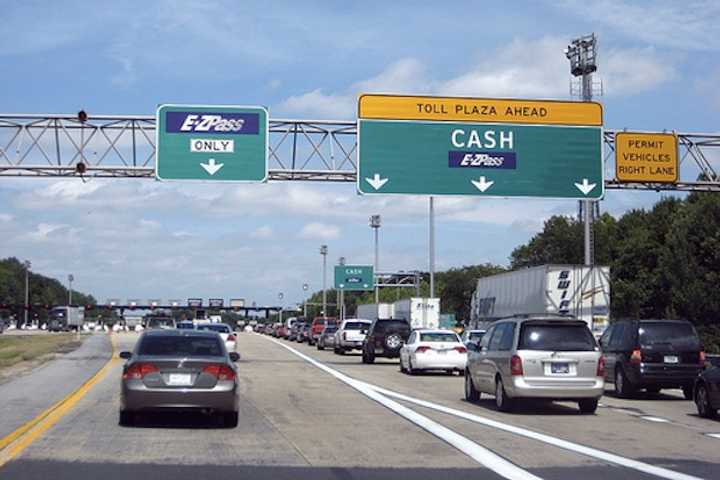Here’s how it works: You get an email that appears to be from E-Z Pass. It has the E-Z Pass logo and says you owe money for driving on a toll road. It also provides a link to click for your invoice, OnGuardOnline warns.
However, the email isn’t from E-Z Pass. By clicking on the link, hackers may be putting malware onto your computer. By responding with personal information, you could make yourself vulnerable to identity theft, according to OnGuardOnline.
This E-Z Pass scam is one of the latest phishing scams, whereby criminals pretend to be legitimate businesses to gain access to your personal information.according to OnGuardOnline, here are a few online security tips to help you avoid phishing scams:
- Never click on links in emails unless you’re sure who sent you the message.
- Don’t respond to any emails that ask for personal or financial information. Email isn’t a secure way to send that information.
- Type an organization’s URL yourself, and don’t send personal or financial information unless the URL begins with https (the “s” stands for secure).
- If an email looks like it is from E-Z Pass, contact E-Z Pass customer service to confirm that it is really from them.
- Keep your computer security software current.
OnGuardOnline advises that ff you think you might have been the victim of a phishing email, forward it to spam@uce.gov and to the company impersonated in the email. File a complaint with the Federal Trade Commission atftc.gov/complaint.Visit the FTC’s Identity Theft website at ftc.gov/idtheft.
Click here to follow Daily Voice Mahopac and receive free news updates.
